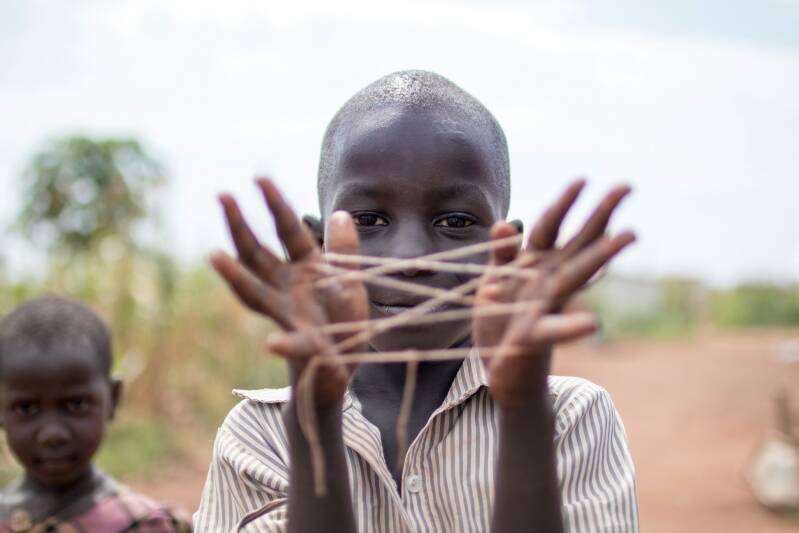
Article by the Geneva Global Hub for Education in Emergencies (eiehub.org)
Crisis-affected children identify education as their first priority. Surveys have revealed that they value education as much as food, water or money. However, worldwide, 224 million children and youth living in crisis settings are currently denied a quality education.
Education is essential for protecting children and youth during and after a crisis. Education saves and sustains lives. It is critical to reducing risks, especially to the most vulnerable, enabling mental health and psychosocial support to help children and youth cope with and recover from crises. For every day that schools are closed, children and youth face more risks including abuse, exploitation, recruitment, child marriage, sexual violence and child labour.
In today’s environment of tightening humanitarian budgets and unprecedented crises, the humanitarian community must stay focused on effective actions that meet the greatest needs and can be leveraged for the biggest impact, while leaving no one behind.
Members of the Geneva Global Hub for Education in Emergencies (EiE Hub) have come together to issue a statement which outlines why education should be a priority from the first day of a crisis.
Together, the members of the EiE Hub call on global leaders to:
- Include education in preparedness, anticipatory action, and the first emergency response, including in rapid multidisciplinary assessments.
- Prioritise education for its capacity to facilitate other life-saving interventions such as health, water and sanitation, food and protection.
- Protect education from attack and military use during conflict and violence by encouraging adherence to international humanitarian law, and the endorsement and implementation of the Safe Schools Declaration.
- Prioritise education and align emergency responses and longer-term policy and planning, to create the conditions to include refugee children and youth in national education systems.
- Ensure the education in emergencies response is inclusive of all children and youth, and implement the INEE Minimum Standards.
- Donors should increase the proportion of predictable, multi-year funding for education in emergencies.
- National governments should prioritise adequate budget allocations for education for all children and youth.
See the full statement, in English can be found here: Education-–-A-Priority-From-the-First-Day-of-Every-Crisis-2.pdf (eiehub.org)
Add comment
Comments